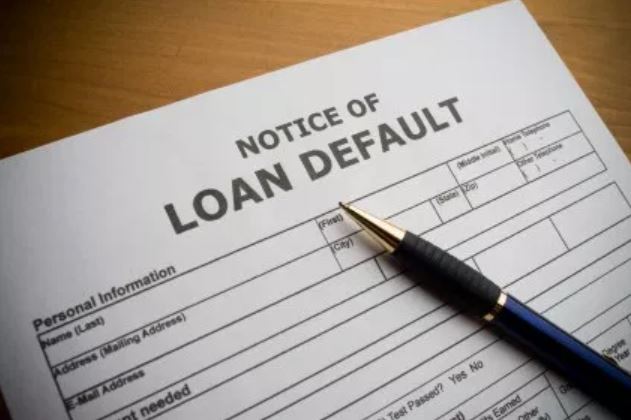×
The Standard e-Paper
Home To Bold Columnists

If you cannot pay your debts, the bank will auction your property to recover its money and report you to a credit reference bureau.
It is the same with a country, only that it happens on a much bigger scale.